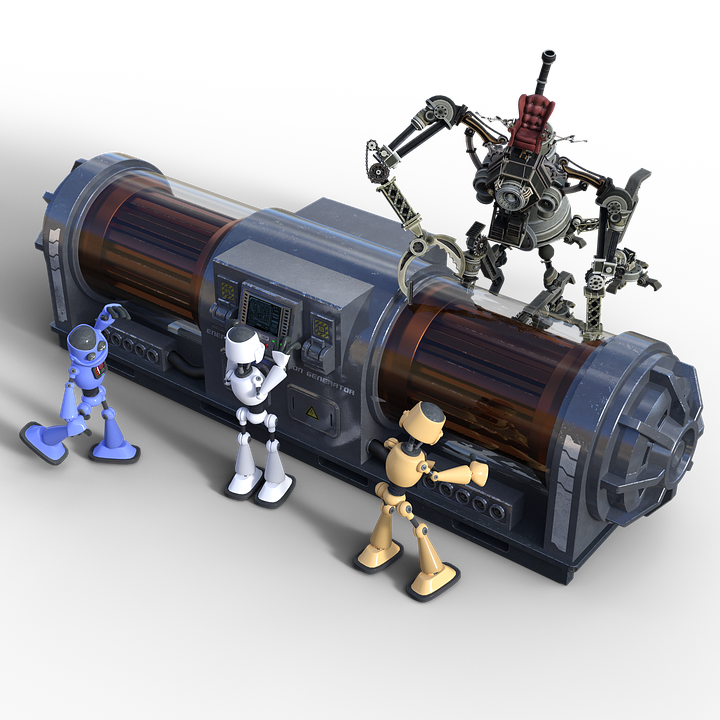Industrial Automation Systems - Are They Really Automated?

Industrial automation, as with mechanical automation, relies on automated machines (industrial automation systems) to perform functions previously performed by humans. A simple industrial automation system eliminates the need for a human operator by incorporating sensory and feedback programs into its programming. However, even with these technological advancements here reverecontrol.com, there are still many tasks that cannot be fully automated and thus require a trained operator.
Most manufacturing plants that employ industrial automation have some type of manual control for such tasks as filling machines or machining machinery. Even though they may have mechanical controls for such functions, they are not always equipped to handle emergencies or other situations where a human is needed to monitor the operation. In fact, many factories use this multiple automatic controls for different functions and, while they are efficient for some tasks, they are inadequate for others. A skilled operator must be employed to be sure that these controls are operating correctly and are also properly programmed so that it is capable of performing all the functions assigned to it.
Although the majority of manual control units are equipped with sensors to determine when the manual control is engaged, some are equipped with sensors for temperature, pressure and even movement. Some of these systems can be set to only perform certain tasks if they detect that the control has been activated. This is necessary so that the system can respond appropriately in the case of an emergency.
While most industrial automation systems are designed to run all hours of the day, many are designed for specific work hours. It is important that the person operating the industrial automation systems be knowledgeable about the tasks that the system will perform during those periods of time and have a thorough understanding of the manual controls for the equipment. In addition, all personnel working under the supervision of the operators must understand the operational procedures of the system.
If an industrial automation system has to be operated by someone who is not trained to operate it, the operator must be able to read all the instructions and understand the different systems that make up the system before he or she can begin to operate the system. Many industrial automation systems are available that are controlled by a computer or other type of computer. programmable machine. These types of systems are more suitable for smaller and specialized functions and are much less likely to be confused by human operators.
It is possible to train people to operate industrial automation systems. Training courses are offered for both individuals and employers and schools offering these courses. However, it is highly recommended that anyone thinking of hiring an employee to operate industrial automation systems take one or more of these courses prior to letting him or her into the factory. Check out this post that has expounded on the topic: https://www.britannica.com/technology/automation/Manufacturing-applications-of-automation-and-robotics.
